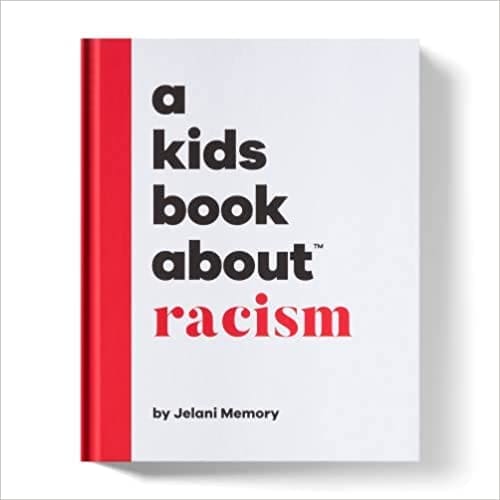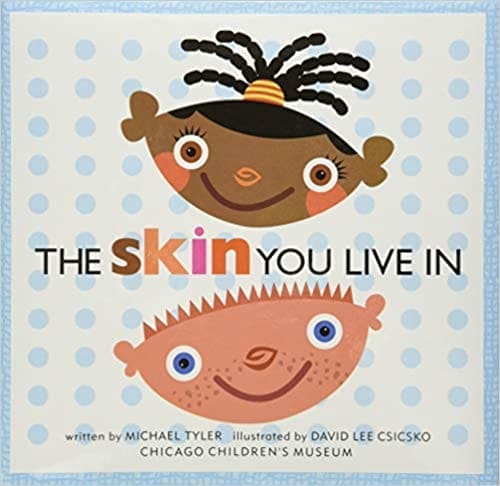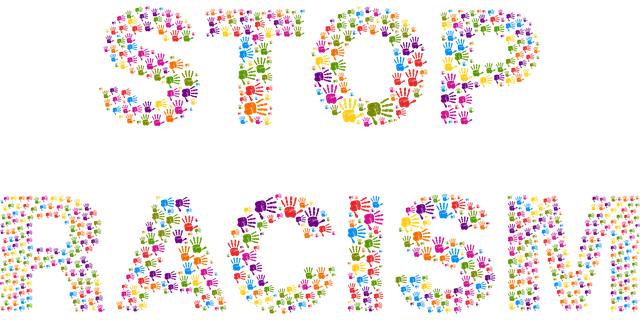
Race is a difficult topic for adults to talk about, let alone children. But with so much urgency around this issue today, it’s essential for parents to be prepared to have honest conversations about race with their kids. Here are five tips for having constructive and meaningful talks about race with children.
One of the most important strategies for educating kids about race is to explain that race is a socially constructed concept and not based on any scientific or biological factors.
This can be challenging because children may think of race in terms of physical characteristics like skin color or hair texture.
The thought that race is biological is strongly outdated and even the term racism, which still connects to that old notion of biology is outdated and, in my humble opinion, should be replaced by a new more neutral term.
Many times when people are being racist they actually do not even realize it. This is exactly because they associate racism with the discrimination of biological features such as the color of one’s skin.
In reality, however, people are often discriminated against based on other aspects such as the way they dress, their religion, or their cultural beliefs. We still only have one word for it.
Explaining to children that this form of racism is difficult but necessary if we want our future generations to continue becoming less and less racist.

Introduce your child to diverse children’s books featuring characters of different races, ethnicities, and cultures. These books can help kids understand the concept of race and appreciate the diversity that exists in our world.
Reading stories about people of all backgrounds can also help reduce racial biases, so it’s important to ensure your library has a wide range of titles.
List of Children’s books to help explain race
1. The Skin You Live In by Michael Tyler
2. All the Colors We Are/Todos los Colores de Nuestra Piel by Katie Kissinger
3. Shades of People by Shelley Rotner and Sheila M. Kelly
4. A Kids’ Book About Race by Jelani Memory
5. The Colors of Us by Karen Katz
6. Let’s Talk About Race by Julius Lester
7. The Colors of Us: A Story About Skin Color by Karen Katz
8. Shades of People: Celebrating Our Diversity by Shelley Rotner and Sheila M. Kelly
9. We’re Different, We’re the Same (Sesame Street) by Bobbi Kates
10. The Skin I’m In: A First Look at Racism by Pat Thomas

Words related to race are complex and the way you explain them will depend on your child’s age. Younger kids may only understand a discussion in terms of how people look, while older children can grasp more nuanced aspects of racial identity.
For example, use descriptive language to differentiate between skin tones, hair types, and facial features. As your child gets older, explain the societal aspects of race such as experiences with discrimination and shared cultures or heritage.
Above all, strive for openness and foster an atmosphere of exploration. Make sure your family is comfortable talking about issues around race–remember that children can pick up on underlying emotions even if it isn’t explicit.
When conversations arise, be respectful in discussions even when the topic is uncomfortable or hard to discuss. Depending on the age of your child, remain conscious of their language when discussing race and work together to create a vocabulary that works for your family.

A conversation about race can be difficult for both children and adults, but it’s so important to engage in. To help create a comfortable space for dialogue, ask your child open-ended questions about race. Use curious language, without judgment, to ask what your child knows or believes about race.
For example, “What do you feel is fair and unfair when people talk about different races?â€
Listen carefully to the answers they give and provide affirmation as they work through their feelings. Take this time as an opportunity to explain why certain things are stereotypes and how it feels to them when those labels are used.
Model healthy attitudes toward race by respecting the cultures, values, and beliefs of people who don’t look like you or come from the same background. Show admiration for what different cultures have brought to society and recognize the positive accomplishments of people from a variety of backgrounds.
Emphasize that there is no one way to identify with any given racial group, as culture and identity vary by person. Encourage your child to appreciate and accept everyone regardless of race or nationality.